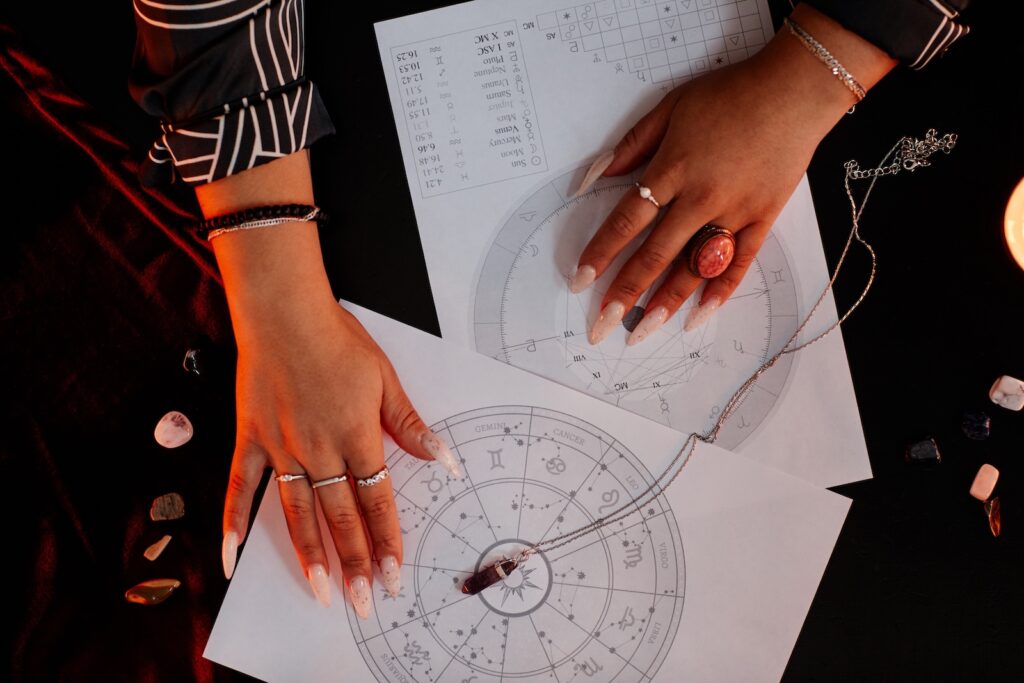Emotions are the very foundation of the Russian language. It’s full of epithets, adjectives, and expressive descriptions.
In Russian, there’s a word for every mood and feeling imaginable. And if you read a horoscope, you can practically learn all Russian adjectives at once!
Russian horoscopes are built on emotions — fear, joy, admiration, and disappointment. They can scare and inspire at the same time. That’s why horoscopes are a great tool to explore the full palette of Russian emotional language.
The Russian Horoscope
Horoscope in Russia is made especially for impressionable and emotional people. And the more exciting it is, the better.
In the Russian horoscope warn of sudden losses and financial difficulties and rejoice with unexpected gifts and profits.
It doesn't matter whether you believe in horoscopes or not. It's always fun to read it. What if there is a gift waiting for you today?
Besides, a horoscope is a great way to learn Russian with your child. You can read the predictions together and discuss what is written. At the same time, you will explain to him obscure words about moods.
It is the adjectives that describe the child's condition and mood. Read the horoscope and discuss it together. Let the child share his/her impressions and thoughts about what he/she has read.

Autumn Emotions in Russian
To truly learn the Russian language, you need to understand the Russian mindset — and that begins with knowing all the shades of adjectives.
This fall, try creating an “autumn emotions dictionary” with your child. Start with simple words they already know and add new ones as they appear.
Read classic Russian literature, where emotional language and seasonal epithets are everywhere. For example, Alexander Pushkin loved autumn and wrote many poems about it. Let your child choose the words that feel most meaningful to them.
Exercises for Moms and Bilingual Families
For even better development of Russian language skills, you can play word games with your child. But unusual ones.
Make 3 sentences with new adjectives that describe your mood or plans for the near future. You can do this every day.
List a few adjectives for your child and ask them to guess what your «horoscope» is today based on those adjectives.
You can compose short funny stories, which should contain certain words about mood in Russian.
An emotion journal can help you learn adjectives, too. But not only that. Such a diary is an effective tool in psychology. It helps to better understand yourself and understand your experiences. And for teenagers, it is a great way to cope with strong feelings.
It is important for your child to be able to express his feelings and discuss them with you. This is a first time for them and they need help dealing with their feelings.
By turning emotions into language, you can help your child strengthen their mental health — and learn Russian in a fun, creative way.






